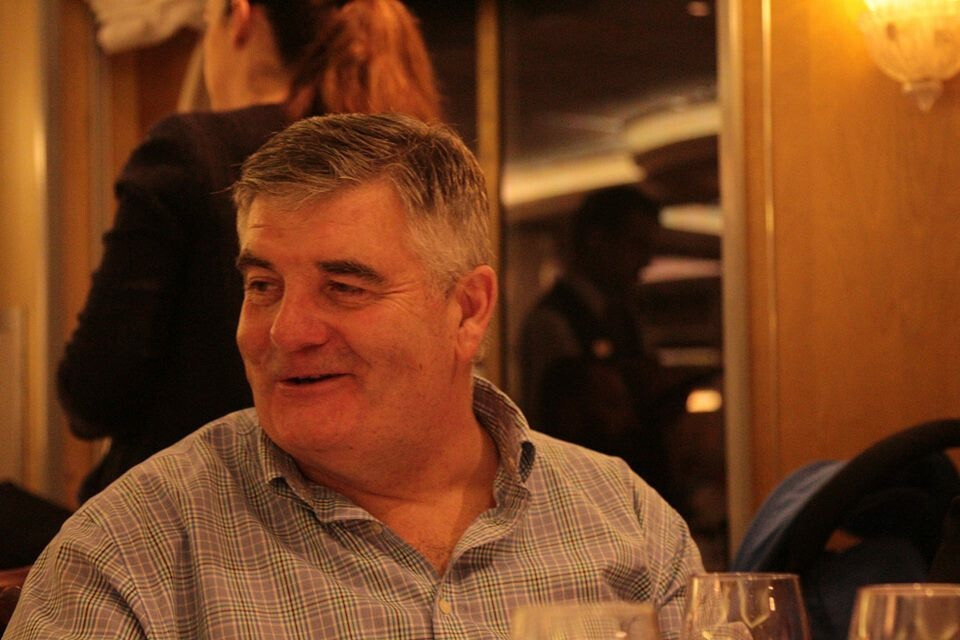- Home
- Hearing Loss
- Audiology
Be Proactive with your Hearing Safety
2021-01-29 Louder isn’t better!It seems obvious – but it’s worth a reminder: the louder the noise and the longer the exposure, the greater the risk of damage to your ears. Even some sounds that don’t seem loud or give you noticeable discomfort can damage your hearing. Loud sounds, of course, can cause damage much more quickly. Always remember that safety counts.

Measuring noise and understanding decibels (dB)
The decibel scale is matched to human hearing, so 0 dB is the very quietest sound that a human can hear without hearing loss. A “typical” spoken conversation is generally estimated to be 60 dB. Although this is not enough to hurt you, many every-day sounds are in the near-harmful range and can impact your hearing long term – so think safety first. A lawnmower, for example, averages in the 90 dB level, so it can cause damage. That’s why it is important to wear protection whether you are mowing the lawn or around loud engines. Even a car travelling at 65 miles per hour or a vacuum cleaner can irritate your ears.

Workplace challenges
Most experts – including the National Institute for Occupation Safety and Health – agree that continued exposure to sounds over 85 dB risks damage to hearing. Therefore, workplace safety regulations usually require employers to provide protection for employees exposed to noisy environments. In the US, the Department of Labor regulates occupational noise exposure and has set a “permissible exposure limit” (PEL) of 90 dB for an 8 hour long day.
The biggest sources of dangerous noise
More dangerous – with immediate impact – are sounds in the 140 dB range. These include jet engines and gun shots. Even louder, is 180 dB of a rocket launch. These sounds can lead to permanent hearing damage. According to Purdue University, your eardrum can rupture if you are 25 meters or less from a jet as it is taking off.
Knowing the danger signs and preventing damage to your hearing
Unfortunately, it is rarely immediately obvious when we damage our hearing – normally we notice it afterwards. However, with awareness, we can help protect our hearing. If you have to shout over background noise to make yourself heard, you may be in the danger zone where prolonged exposure could lead to damage.
Heed your ears’ warning
If you notice ringing in your ears or experience pain, these are signs that your noise exposure is too high. This often appears after a noisy event such as a music concert. If you find it difficult to hear for several hours after exposure to loud sounds, or hear ringing in your ears or other unusual effects, then you probably have been around harmful levels.
Safety first: tips for protecting your hearing
Avoid loud noises. If you are attending a loud event, avoid sitting near the amplifiers or take breaks outside the main venue.
Invest in earplugs. Whether you want to spring for higher-end ear plugs that are moulded to your ears or use noise-cancelling headphones
Take sound breaks. If you are near loud noise, escape for a break every hour.
Lower the volume. Turn the sound down on your earphones or earbuds.

Earphones and hearing loss
Many people regularly use earphones or earbuds – on the way to school or work, while out running, or just while relaxing at home without considering the excess levels of noise exposure.
Earphones generally produce up to 100 dB, while some can produce even more. At this level, you risk damage to your hearing after a mere 15 minutes. Some smartphones have a feature that warns uses when the volume is at a dangerous level. Heed this warning and limit music at excessive volumes piped directly into your ears.
City life’s impact on your ears
According to a recent study, just living in an urban area can increase your risk of hearing damage – by 64%. Traffic, construction, loud music, sirens and other environmental sounds of the city provide continuous exposure to noise can cause hearing damage.
At HearingLife we strive to educate and advise. If you want to learn if exposure to music, explosions or other noise has damaged your hearing, contact HearingLife for a complimentary hearing assessment*.
Latest
Audiology













All 0 comments